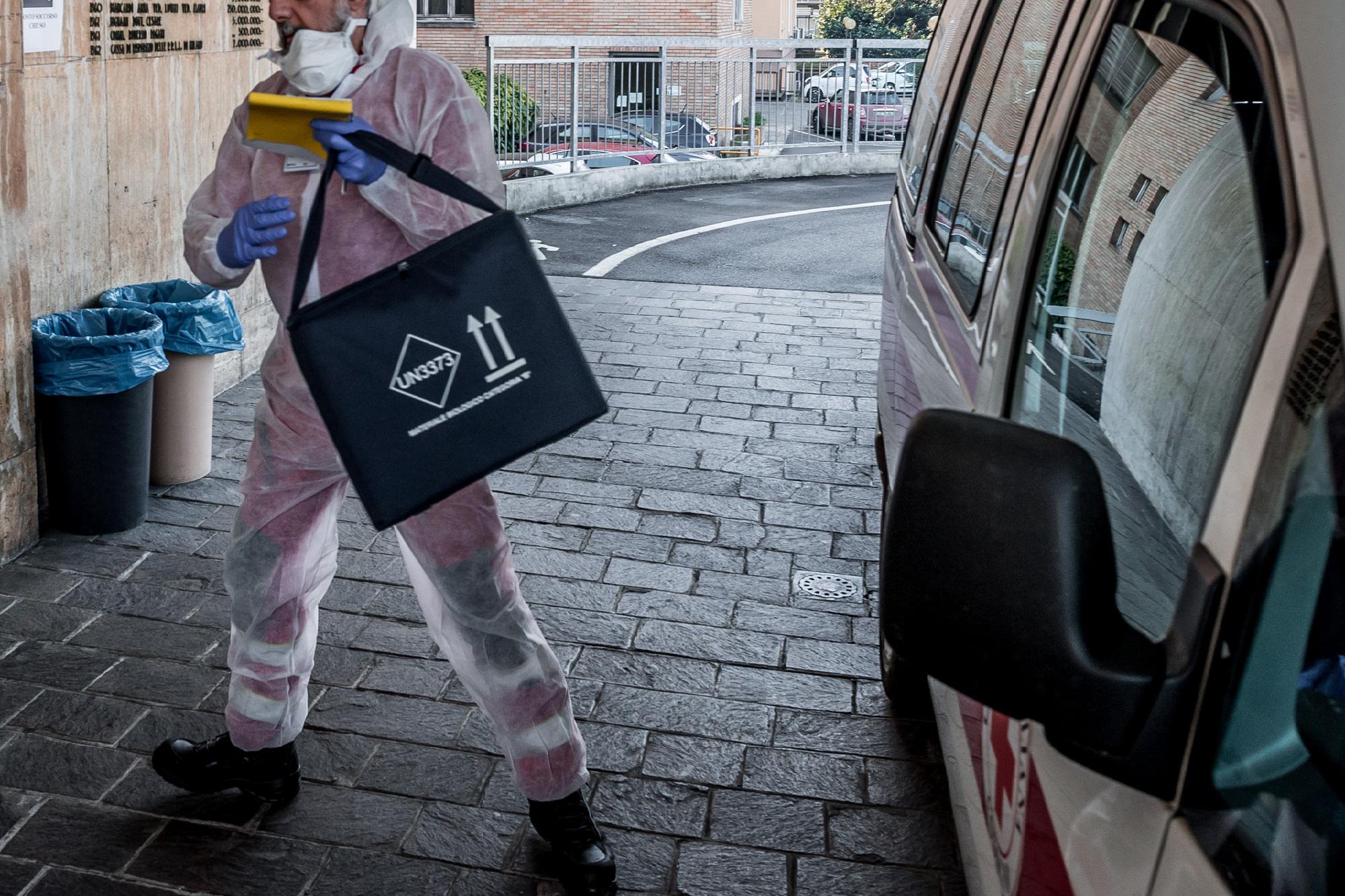On puhdasta utopiaa kuvitella, että pitkällä itämisajalla ja matalalla letaliteetilla varustettu virus voitaisiin pysäyttää karanteeneilla. Ihan täyttä pelleilyä.
Ei kaiveta nenää eikä pärskitä joka paikkaan. Pestään kädet saippualla riittävän usein ja huolellisesti. Ei mennä kipeänä toimistolle tai massatapahtumiin. Siinä kaikki mitä voi ja kannattaa tämän taudin ehkäisemiseksi normipulliaisen tehdä.
Hajaantukaa, täällä ei ole mitään nähtävää.
''Kiinassa ja Hubein maakunnassa koronatautitapausten määrät ovatkin tasaisesti laskeneet tammikuun lopulta lähtien. WHO:n mukaan tähän on päästy sillä, että tartunnat on jäljitetty tehokkaasti ja tartunnan saaneet on pantu karanteeniin.
19-tauti lähti leviämään Kiinassa Wuhanin kaupungista. Maaliskuun alussa viruksesta toipuva nainen desinfioitiin kadulla ennen kuin hän siirtyi hotellikaranteeniin.
MYÖS muissa maissa on onnistuttu pysäyttämään taudin leviäminen ensitartuntojen jälkeen.
”Singapore on erinomainen esimerkki. Siellä on 80 prosenttia etnisiä kiinalaisia ja valtava liikenne Kiinaan. Heillä on 150 mobiilitiimiä, jotka jäljittävät tartuntoja. He pystyvät tällä hetkellä hallitsemaan jokaisen tautiketjun”, Puumalainen kertoo.
Tehokkaita toimia ovat hänen mukaansa tapausten jäljitys ja karanteenit.'' (Tartuntataudit | Koronavirus leviää toisin kuin tavallinen kausi-influenssa)
Oletko siis sitä mieltä, että WHO totetaa pelleilyn onnistuneen ja ovat olettavasti näin itsekin sinun mielestä pelleilyn kannalla?
